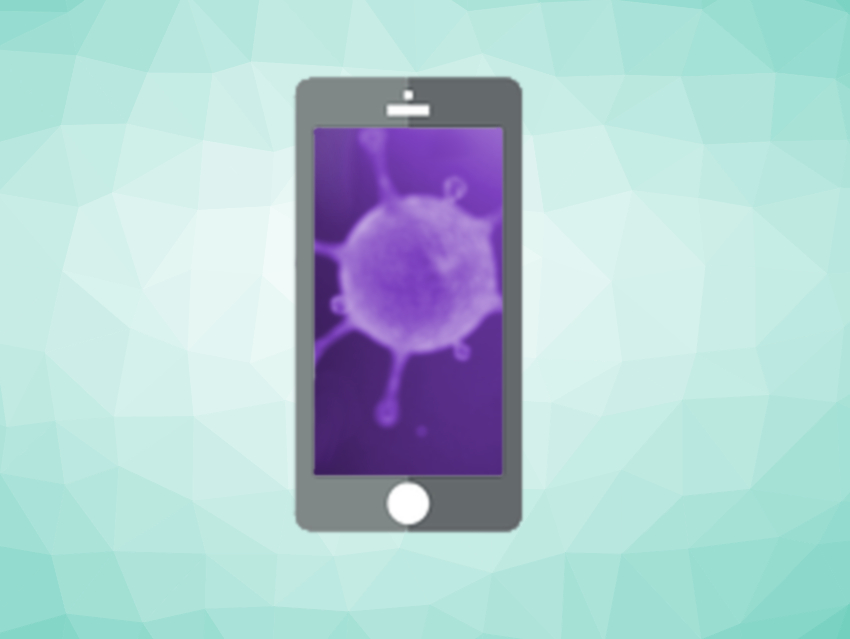Testing for respiratory diseases such as COVID-19 that are caused by viruses (in this case, SARS-CoV-2) usually involves looking for the genetic material of the virus. These tests can be performed using samples from, e.g., nasal or throat swabs. They generally rely on a reverse transcription polymerase chain reaction (RT-PCR) to multiply the virus RNA. However, this process takes a fairly long time and requires laboratory facilities. Faster, on-site testing for respiratory viruses would be useful.
Brian T. Cunningham, University of Illinois at Urbana-Champaign, USA, and colleagues have developed a fast, simple, point-of-care testing system for the detection of respiratory viruses in nasal swap samples. The team used five different pathogens that cause respiratory infection in horses as model systems, e.g., equine herpesvirus 1 (EHV1), and equine influenza virus (EIV). They created loop-mediated isothermal amplification (LAMP) assays on small silicon chips with microfluidic channels to detect the genetic material of the pathogens. LAMP is an easy-to-operate, simple, and low-cost method than can multiply DNA at a constant temperature. The reaction can be followed by using a fluorescent dye. For high-concentration samples, the LAMP reactions take less than 30 minutes.
The resulting fluorescence in the chip’s channels was detected with the help a of smartphone camera. The chip was placed into a holder, clipped to the smartphone, and irradiated with blue LEDs. An optical filter allowed only the fluorescence signal of interest to reach the phone’s camera. The resulting pictures can be read out directly on the smartphone to give the results. By using different LAMP reactions in the chip’s multiple microfluidic channels, the system could be used to detect several different pathogens at the same time. According to the researchers, the system could be modified to detect human respiratory viruses such as SARS-CoV-2.
- Smartphone-based multiplex 30-minute nucleic acid test of live virus from nasal swab extract,
Fu Sun, Anurup Ganguli, Judy Nguyen, Ryan Brisbin, Krithika Shanmugam, David L. Hirschberg, Matthew B. Wheeler, Rashid Bashir, David M. Nash, Brian T. Cunningham,
Lab Chip 2020.
https://doi.org/10.1039/d0lc00304b
Also of Interest
- Collection: SARS-CoV-2 Virus
What we know about the new coronavirus and COVID-19 - LitCovid
Curated literature hub for tracking up-to-date scientific information about COVID-19 - Many publishers and other entities have signed a joint statement to ensure that COVID-19 research findings and data are shared rapidly and openly




